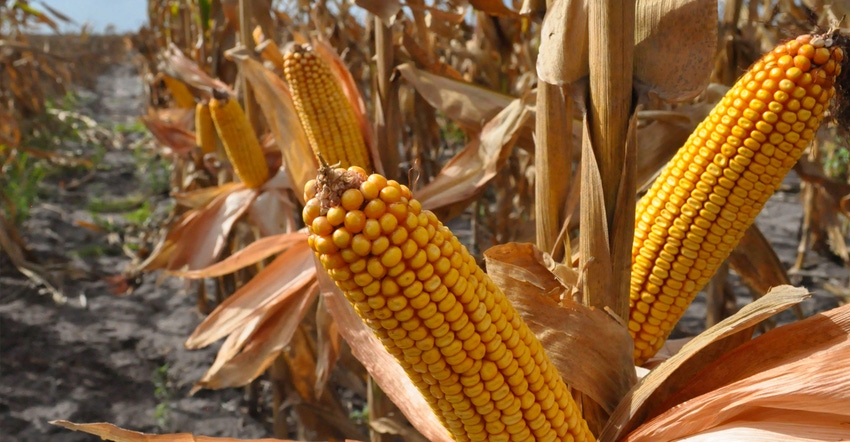December 20, 2016

Still deliberating over what corn or soybean seed to try next spring? Now, there’s even more help in picking high-yielders.
Results of Penn State University’s 2016 corn and soybean yield trials are now online. They’re another way to identify new high-yielding genetics available, says Greg Roth, Penn State Extension corn agronomist. “Yields in the trials were generally good,” he notes, “but not as exceptional as they were last year.”
The corn hybrid report is the summary of 10 test locations in four growing zones across the state. Relative maturities offered by 13 seed companies ranged from 98 to 118 days.
“For each zone, we report the yields of hybrids at individual locations in one file,” explains Roth. “Then in a second file, we report the mean performance across all locations along with the moisture, yield, gross income, plant population and lodged plants.”
Hybrids were segmented into early-, mid- and late-season grain groups, and sorted by yield from highest to lowest. Those that weren’t different than the top hybrid are indicated in bold type. Check them out at the corn hybrid testing webpage.
Soybean trial results
The total number of entries from 18 seed companies in the soybean trials was up slightly from last year, notes Roth. Variety tests were conducted in Centre, Blair and Lancaster counties. At each site, late- and early-group soybeans were evaluated.
At the Centre and Lancaster sites, non-Roundup Ready lines were evaluated in another test. Most of those varieties were LibertyLink genetics.
The soybean trials were supported in part by Pennsylvania Soybean Board funding. Results can be found on the soybean variety testing webpage.
“When selecting varieties from our trials, be sure to check with your seed supplier to ensure that the hybrid or variety is suited to your conditions,” advises Roth. “There could be times when a top-yielding entry may lack important characteristics for your situation.”
Looking for silage hybrids? Catch our story and the link to Cornell’s 2016 trials at 29 corn silage hybrids.
About the Author(s)
You May Also Like




